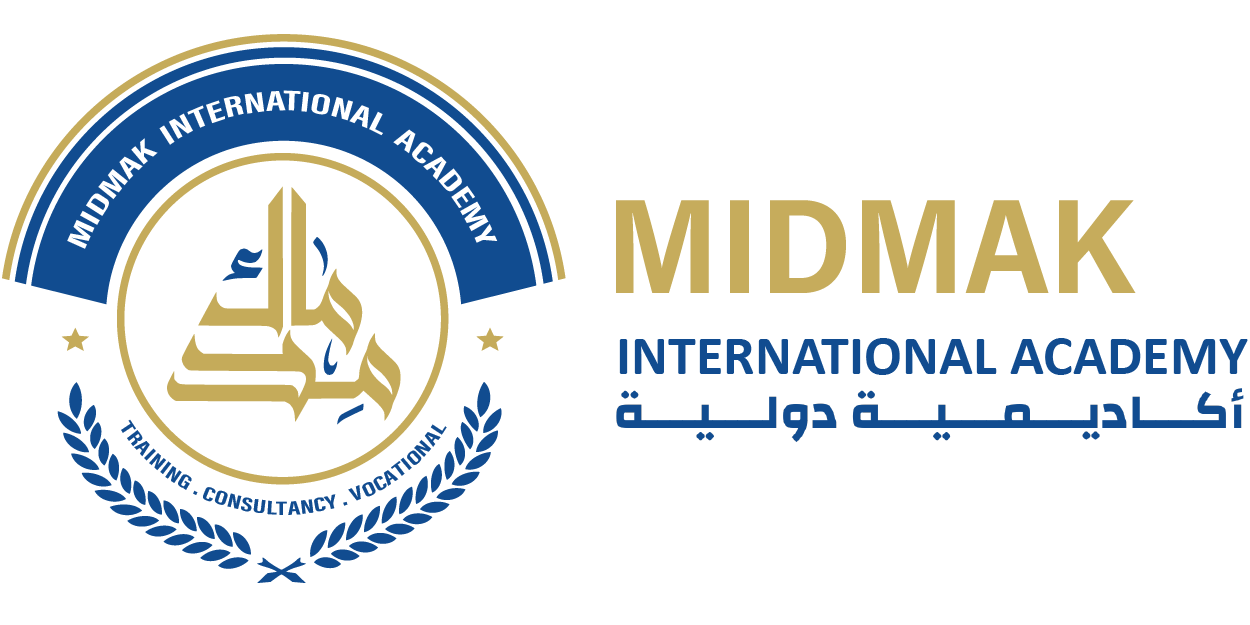Who We Are
Midmak International Academy; A company specialized in engineering training, higher vocational qualification, and providing consultations, registered with the Ministry of Internal Trade, with registration number: 19612, dated 1/3/2022. It has the approval of the Ministry of Administrative Development No. 1649 dated 30/12/2018, and is registered in Australia as a branch of the parent company in Syria under the name: Midmak International Academy – Australia Limited Liability (Midmak International Academy Australia PTY LTD) with the number: (676 952 560).
Vision
Guiding, structuring, forming, equipping, and professionalizing individuals and institutions, while building sustainable competencies and capacities. Our aim is to achieve efficiency within the local and Arab knowledge-based economy.
Mission
To lead in sustainable vocational qualification through global quality standards that meet the future vision of the Arab world, achieving sustainable development of human resources in alignment with local, Arab, regional, and global labor markets.
Values
- Leadership and Excellence: Innovative competency programs across various sectors.
- Quality: High-quality training and qualification programs.
- Commitment: Full commitment to all agreements and obligations we undertake.
- Innovation: Employing global training approaches.
- Professionalism and Competence: Demonstrating knowledge, skill, and proficiency in specialization.
- Mastery: Performing all tasks with a high degree of precision to meet quality standards and achieve the desired excellence and leadership.
- Continuous Learning: Fostering a culture of continuous self-learning to renew scientific knowledge and develop professional skills, contributing to the building of a sustainable, pioneering knowledge economy.
- Integrity and Academic Honesty: Upholding credibility, objectivity, and respecting intellectual property rights.
- Transparency and Accountability: Institutional engagement with transparency and responsibility, following a clear evaluation and accountability mechanism.
- Collaboration and Partnership: Engaging in community participation and responding to the needs of beneficiaries through fostering local, Arab, and international partnerships and collaborations.
- Sustainability: Ensuring the sustainability of capacities and skills to achieve performance and productivity efficiency at all levels.
- Social Responsibility: Supporting initiatives and training programs aimed at empowering individuals to access training, develop skills, and raise awareness and personal capabilities, particularly initiatives targeting women and children.

